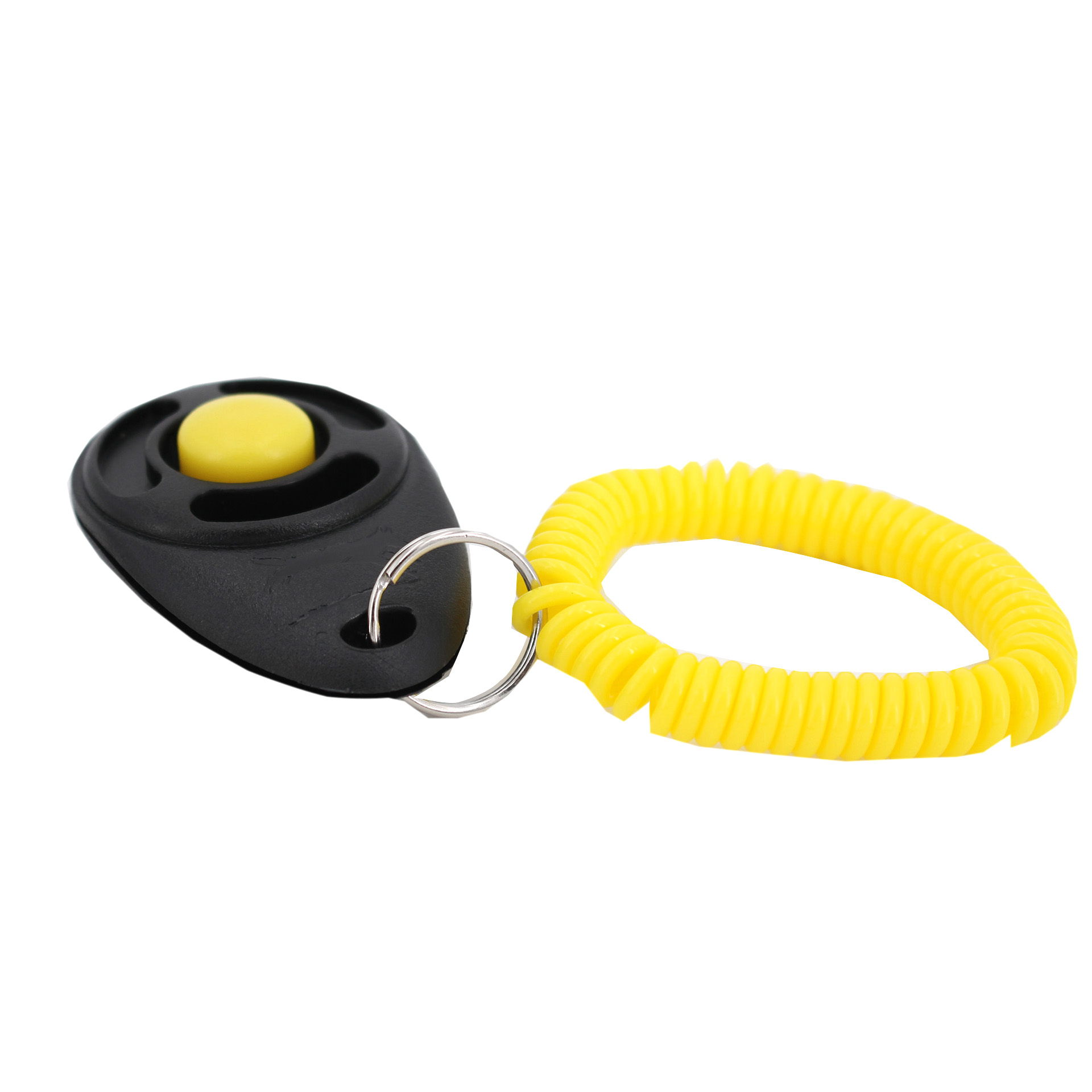
Stop your dog from barking: 5 effective tips that really work
Why do dogs bark at all?
- To call pack members (i.e. you and your family)
- To draw attention to their location
- As a warning signal when strangers enter their territory
- When overstimulated by environmental stimuli
- To get attention, especially when they are left alone
Rassebedingte Unterschiede im Bellverhalten
Breed-related differences in barking behaviour
Some dog breeds tend to bark more often and louder than others. This is usually related to the purpose for which they were originally bred:
- Herding dogs such as Australian Shepherds and Shetland Sheepdogs bark to direct their herd.
- Guard dogs such as Kuvasz and Great Pyrenees use their bark to keep predators away from their herds.
- Terriers bark in underground tunnels to communicate their location or to indicate that they have found game.
These behavioural patterns are therefore genetically anchored and serve a very important purpose. Your dog sees you and your family as a ‘herd’ worth protecting.
5 proven tips on how to stop your dog from barking
- Before getting a dog
- If you live in an apartment or densely populated area
- If you attach particular importance to having a quiet four-legged friend You don't have to sacrifice peace and quiet just because you have a dog - quite the opposite. If you choose the right breed and train your dog consistently, your home should remain quiet.
2. Early socialization for balanced barking behaviour
When you adopt a puppy, you should get it used to different people, situations and noises at an early stage. Your approach should be reward-oriented and create positive associations.
When is early socialization particularly suitable?
- In the first few months of the puppy's life (3-16 weeks)
- During basic puppy training
- If you want to stop puppies from barking
- Less stress for your dog in new situations
- Reduced alarm barking in response to everyday stimuli
- Basis for a balanced, self-confident dog
As soon as your dog moves into your home, you should start obedience training. This will lay the foundations for a solid basis of communication with your four-legged friend. It is also important that you provide your dog with sufficient exercise and movement. Your four-legged friend should be able to work off all their energy during their daily walks. Carrying a litter toy with you can help with this.
When is regular activity particularly important?
- For energetic breeds
- If your dog barks out of boredom
- For young, active dogs
- Daily physical exercise to burn off excess energy
- Regular mental challenges to stretch the dog's mind
- Consistent dog training with positive reinforcement
4. Einen sicheren Rückzugsort schaffen & für Beschäftigung sorgen
You should always provide your dog with its own safe area in your home. This is particularly important if your dog tends to be anxious or is often left alone in the home for long periods of time.
When is a retreat particularly suitable?
- If your dog has to be left alone
- In the event of excessive stimulation from external stimuli
- To reduce territorial barking
Advantages of a retreat:
- Reduces visual stimulation (e.g. from passers-by)
- Creates a sense of security for the dog
- Limits the territory to be “defended”
Our tip: Provide appropriate activity with interactive toys, for example the intelligence toy from Starmark. It effectively prevents boredom and your dog will be so busy that barking is out of the question.
5. Wean off barking with a clicker to train specific commands
The most effective method is probably clicker training: by teaching your dog to bark on command and to be quiet, you show him when his barking is desired and when it is not.
When is clicker training suitable for breaking the barking habit?
- For all dogs that already respond to basic commands
- Especially with intelligent breeds that learn quickly
- When other methods do not lead to success
Advantages of clicker training:
- Precise marking of the desired behavior
- Clear communication between humans and dogs
- Positive training without punishment
Example: How clicker training works to stop unwanted barking
1. Ask a second person to wait outside your front door and listen carefully when you give the command to bark.
2. give your dog the command to bark and have your training partner knock on the door.
3. as soon as your dog barks, immediately click the Pro-Training Quicker Clicker™ and reward him with a treat.
4. Then, while he is still barking, give the command “Calm”, “Off” or “Quiet”.
5. hold a particularly tasty treat in front of his nose - as he cannot eat and bark at the same time, he will fall silent.
6. As soon as he is quiet, click again and reward him with the treat.
7. repeat this exercise regularly and remain consistent.
Important: Clicker training for dogs is so effective because it gives precise feedback. In this way, you can always clearly show him when barking is acceptable and reward him when he remains calm on his own.
Avoid common mistakes during anti-bark training
Barking behavior is often unintentionally reinforced because some owners
- yell at their dog to be quiet.
- call the barking dog into the house.
- respond to barking with attention.
This teaches the dog that barking is an effective way to get attention.
1. Consistency is the key to success
Consistency is crucial for successful dog training to stop barking. Make sure that
- All family members know and enforce the same rules.
- Reward every success, even small progress.
- Never respond to barking with attention if it is unwanted.
2. Allow sufficient time for training
For anti-bark training to bear fruit, it takes time and patience. Your dog will not simply change his old habits overnight. Long but infrequent training sessions won't help in the long run.
It is therefore important that you incorporate regular, short training sessions into everyday life. Consistent repetition and positive associations will lead to long-term success.
3. Seek professional help if the problem persists
If the barking problem persists despite training, there may be deeper causes behind it. Then it may be that your dog
- Is suffering from anxiety or other behavioral problems.
- Has medical problems that need to be clarified by a vet.
- Shows deep behavioral patterns that require professional help.
Conclusion: With clicker training and patience, you can consistently get your dog to stop barking
With the right training, patience and the necessary consistency, you will be able to correct unwanted barking behavior. If you do not notice any improvement despite our tips and methods, it is worth seeking professional support.
Our recommendations for anti-bark training:
🐾 For effective clicker training: Pro-Training Quicker Clicker™ - for precise timing and clear communication.
🐾 For activity & mental exercise: Intelligence toy from Starmark - keeps your dog busy and reduces barking due to boredom.
🐾 For comprehensive dog training: Our training equipment offers everything you need for successful training.
We are convinced that a well-behaved and trained dog is not only happier, but also a better companion. Every dog is unique and has its own individual character. Training must therefore be adapted to your dog's personality and your circumstances.
With the right tools and our proven methods, your barking four-legged friend will soon become a calm and balanced companion!



